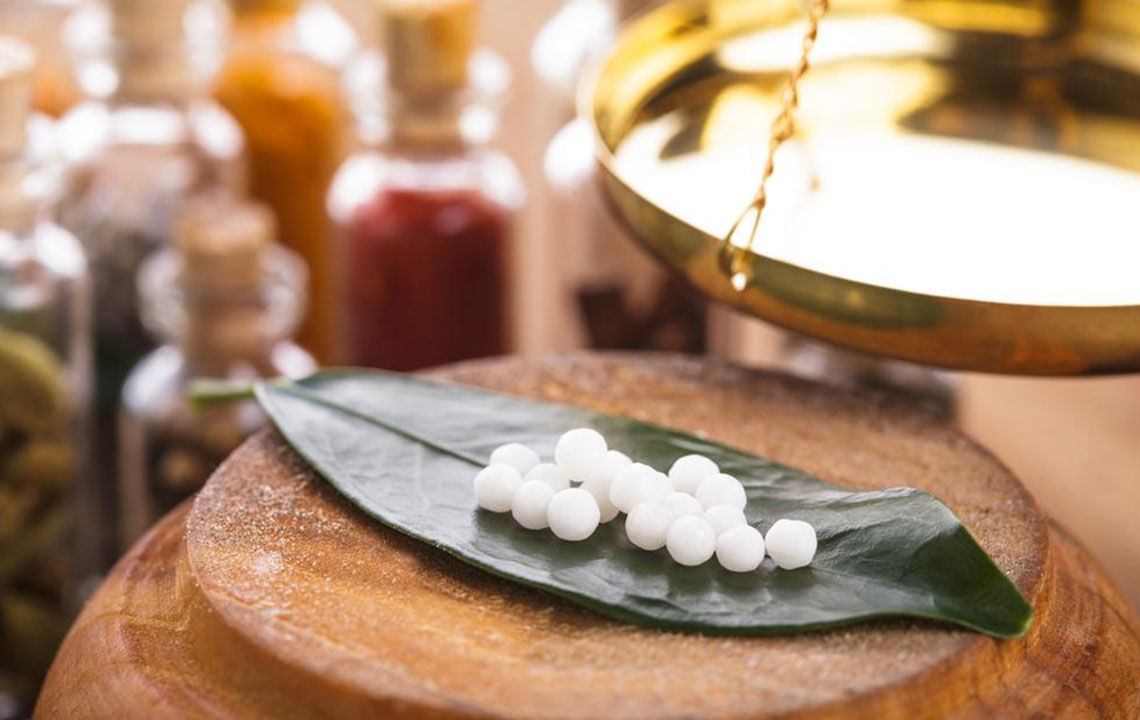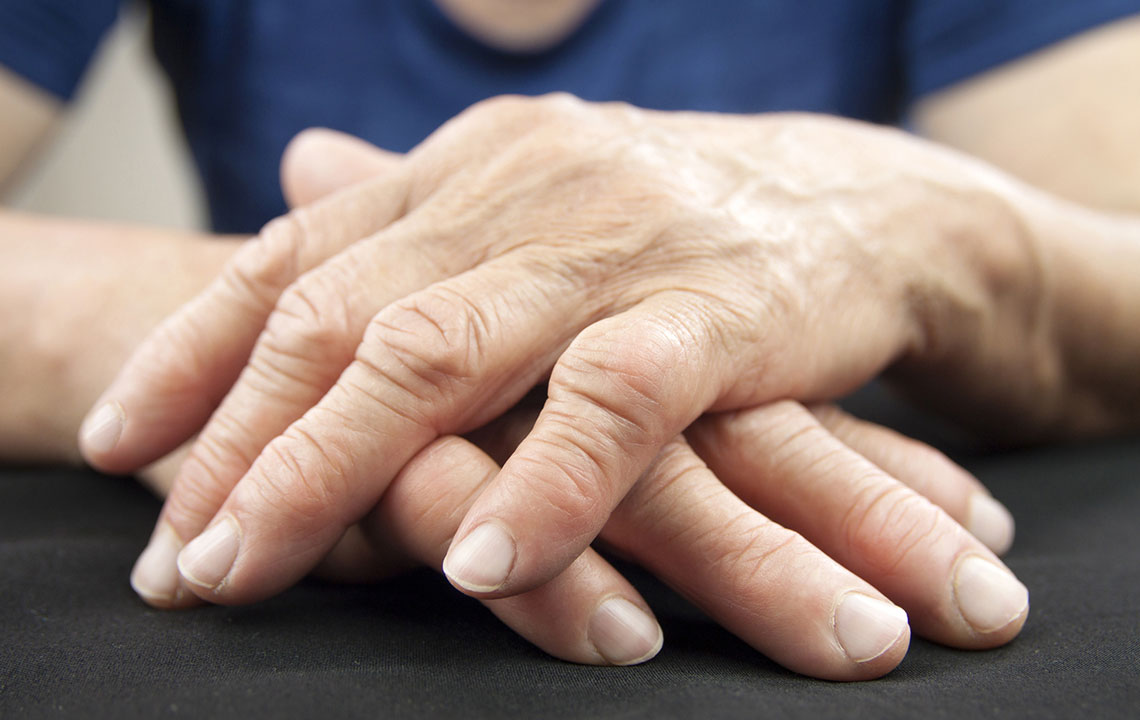Effective Daily Strategies to Reduce Arthritis Symptoms and Improve Joint Health
Discover practical daily habits that can help manage arthritis symptoms effectively. From meditation and acupuncture to heat therapy and antioxidant-rich drinks, this comprehensive guide offers proven strategies to improve joint comfort, enhance mobility, and boost overall well-being. Incorporating these habits into your routine alongside medical advice can significantly alleviate pain and promote healthier joints over the long term, leading to a better quality of life for arthritis sufferers.

Proven Daily Practices to Manage and Alleviate Arthritis Discomfort
Arthritis, affecting millions worldwide, is especially common among individuals aged 50 and above. It often manifests through persistent knee pain, joint swelling, and stiffness, significantly impairing daily function. The most widespread form is Osteoarthritis, which results from cartilage breakdown in weight-bearing joints like knees, hips, and hands. Other prevalent types include Rheumatoid arthritis, an autoimmune condition leading to joint inflammation, and gout, characterized by sharp joint pain caused by uric acid crystal buildup. The diversity in arthritis types means that managing symptoms often requires tailored approaches, combining medical interventions with lifestyle adjustments.
If left untreated, arthritis can severely diminish quality of life, making routine activities such as walking, climbing stairs, or even grasping objects painful and challenging. Recognizing early symptoms and seeking professional medical advice from orthopedic or rheumatology specialists is crucial for effective management. While pharmaceutical treatments play a vital role in controlling inflammation and pain, integrating specific daily habits can complement medical therapy, providing additional relief and fostering better joint health over time.
It is important to understand that while these everyday practices do not cure arthritis, they can significantly reduce discomfort and improve joint function. Combining these habits with proper medical care and a health-conscious lifestyle can help individuals manage symptoms more effectively and maintain independence and mobility longer.
Meditation and Mindfulness Practices
Implementing meditation into your daily routine can significantly impact arthritis management. Meditation helps in reducing stress levels by calming the nervous system, which in turn decreases cortisol production—a hormone linked to inflammation and pain. Practicing mindfulness meditation for 20 to 30 minutes each day can relax tense muscles, lower stress-induced inflammation, and improve overall immune response. Enhanced mental clarity and emotional resilience through meditation can also improve coping mechanisms, making it easier to handle chronic pain.
Acupuncture for Pain Relief
This ancient Chinese therapy involves inserting fine needles at specific points on the body to stimulate energy flow and improve circulation. Many studies have demonstrated acupuncture’s effectiveness in reducing arthritis pain by promoting the release of endorphins—natural painkillers—alongside increasing blood flow to affected joints. Regular acupuncture sessions, tailored to individual needs, can complement standard treatments and provide substantial relief, especially for those with stubborn joint pain.
Thermal Therapy: Heat and Cold Applications
Applying heat and cold packs is a simple yet powerful way to combat joint discomfort. Heat therapy, such as warm showers or hot packs, relaxes muscle tension, soothes stiff joints, and promotes circulation, which aids in nutrient delivery and waste removal. Cold therapy, involving cold packs, can numb areas experiencing acute inflammation and reduce swelling and pain. Alternating between heat and cold—doing so 2-3 times daily for about 15–20 minutes—can effectively decrease joint discomfort and prevent flare-ups.
Targeted Physiotherapy Exercises
Engaging in specific exercises prescribed by a trained physiotherapist can improve joint flexibility, strengthen supporting muscles, and prevent stiffness. Physiotherapy not only alleviates existing pain but also helps in delaying joint deterioration. Regular sessions, typically lasting 30 minutes once or twice a week, can be tailored to individual needs, focusing on low-impact activities like water aerobics, gentle stretching, and strength training. These routines support better mobility, reduce stiffness, and enhance the overall quality of life.
Dietary Support with Antioxidant-Rich Beverages
Nutrition plays a vital role in managing arthritis symptoms. Consuming drinks rich in antioxidants can help combat inflammation. Tart cherry juice, packed with anthocyanins—the powerful compounds responsible for its deep color—has anti-inflammatory properties that can reduce gout attacks and joint swelling. Incorporating turmeric tea, which contains curcumin, is highly beneficial due to its strong anti-inflammatory effects. Enhancing turmeric with black pepper increases curcumin absorption, making it more effective. Honey can also be added for flavor and additional health benefits.
Maintaining a proactive approach that combines these daily routines with appropriate medical treatments and lifestyle modifications can significantly improve arthritis management. Consistency in these practices not only alleviates discomfort but also promotes healthier joints, better mobility, and a more active, fulfilling life. Remember, early intervention, regular exercise, proper nutrition, and stress management are key components in controlling arthritis symptoms effectively.





